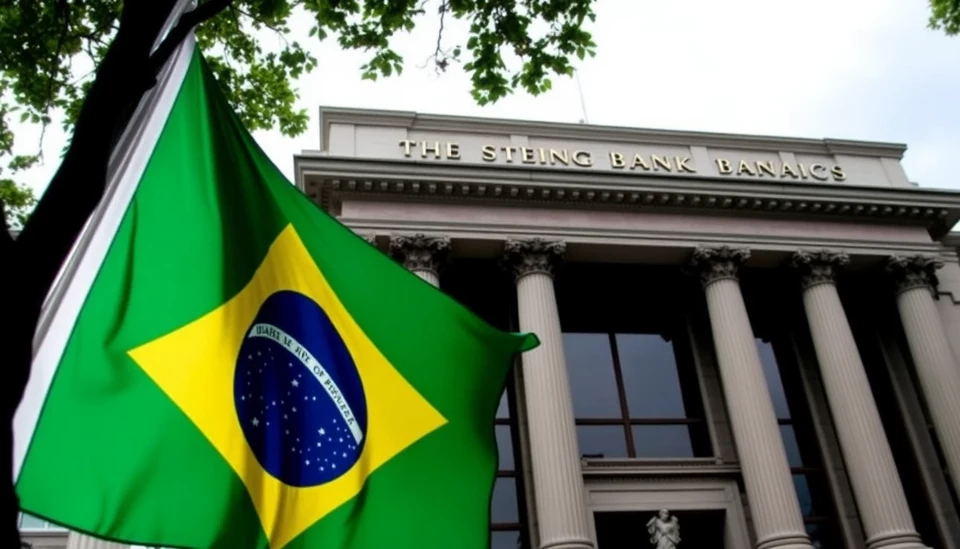
In recent developments, Brazil's central banking authority is grappling with significant challenges due to a reduction in its workforce, raising alarms about the effectiveness of its regulatory and supervisory operations. Stakeholders are expressing growing unease regarding the diminished oversight capabilities of the institution, which plays a crucial role in ensuring the stability of the nation's financial systems.
Over the past few years, the Brazilian Central Bank has been implementing measures aimed at tightening its budget, which has inadvertently led to a continuous decrease in personnel. This move has sparked a debate about whether the bank is adequately equipped to manage its responsibilities, especially in an economic landscape that is becoming increasingly intricate with evolving financial technologies and market challenges.
The ramifications of a shrinking workforce extend beyond mere bureaucratic concerns; they pose tangible risks to the nation’s economic health. Experts in the financial sector argue that a reduced staff could result in less effective supervision of banks and financial institutions, heightening the risk of financial mismanagement and systemic crises. Brazil's central bank is faced with the daunting task of maintaining vigilance over an expanding banking sector while scaling back its human resources.
While the central bank reassures that it has adopted new technologies and automation strategies to compensate for fewer employees, critics emphasize that technology cannot fully substitute for experienced personnel. The reliance on digital solutions raises concerns about whether the bank can adequately assess compliance and risk within financial institutions, especially given the potential for regulatory lapses that could ensue from reduced human oversight.
Additionally, industry leaders have voiced their apprehensions regarding the potential implications of a weakened oversight framework, which could jeopardize investor confidence in Brazil's financial markets. As the global economy undergoes shifts and uncertainties, the market players are closely monitoring the central bank's capability to navigate these complex dynamics effectively.
The central bank's management contends that they are adapting to the new realities by reorganizing and focusing on the most critical functions. Nevertheless, this has not alleviated fears among financial analysts and economists who advocate for a more robust regulatory environment as the foundation for sustainable economic growth.
In response to these issues, some policymakers are calling for an urgent reassessment of the bank's staffing strategies, along with a discussion surrounding the potential need for legislative support to bolster the bank's capabilities. A comprehensive approach may be necessary to ensure that Brazil's central bank can navigate the challenging economic waters ahead while maintaining proper oversight of financial operations within the country.
The complex interplay of regulatory oversight, technological advancement, and staffing resources posits a significant test for Brazil's central bank. As the country looks toward the future and aims for robust economic development, the importance of maintaining a well-staffed and effectively managed central bank cannot be overstated.
#Brazil #CentralBank #Finance #Supervision #EconomicStability #BankingSector
Author: Rachel Greene




